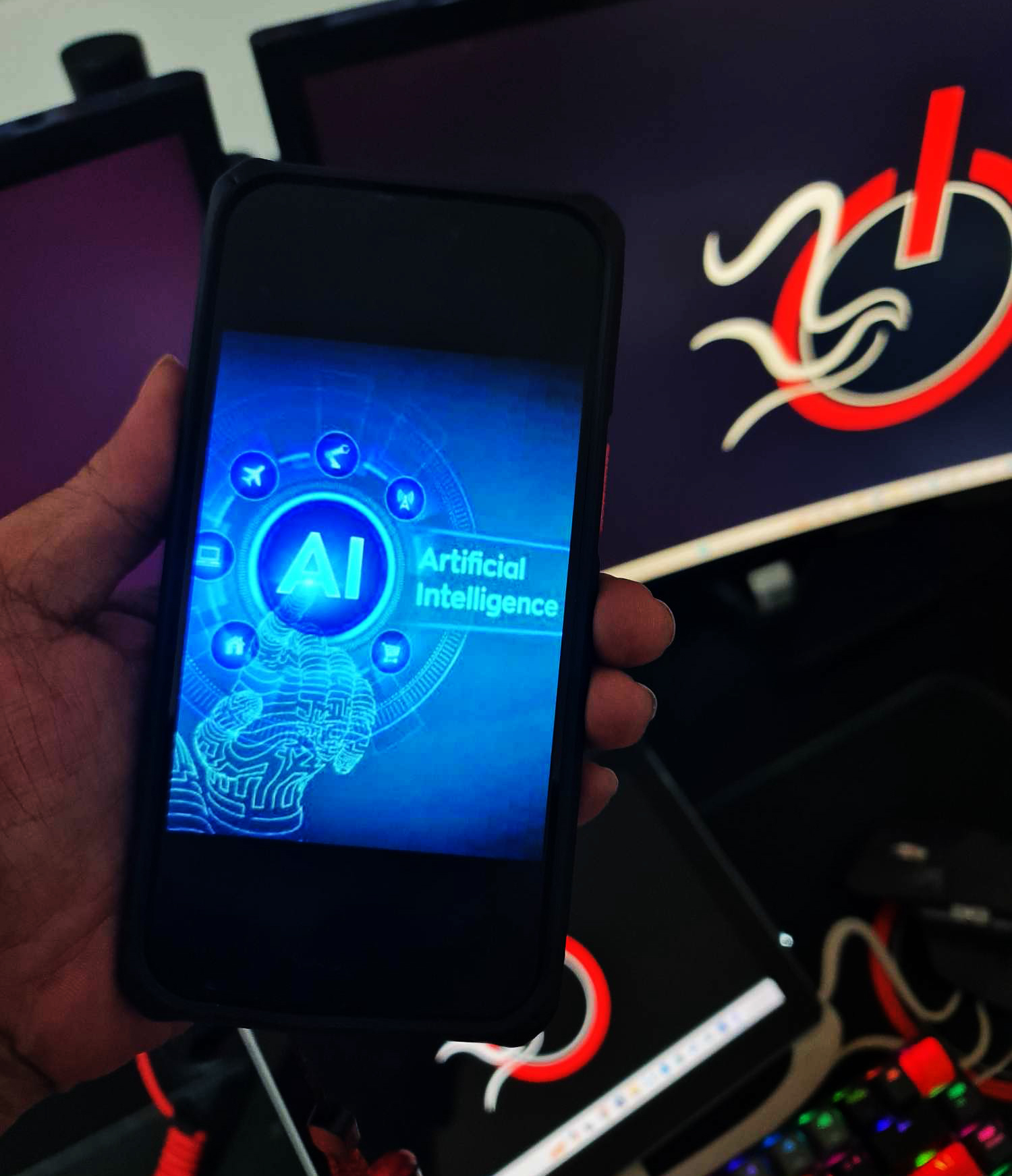Work Hours
Monday to Friday: 7AM - 7PM
Weekend: 10AM - 5PM

Disclaimer: This article is not about the epistemology of AI but my own epistemological journey in trying to further comprehend the topic. In simplified definition, epistemology or theory of knowledge is the study on how knowledge is acquired by the human mind.
Understanding artificial intelligence (AI) from a generalist point of view is inadequate to even share a serious opinion about the technology. My initial interpretation on how AI acquires knowledge through machine learning using only basic knowledge and logic, without a formal study, can lead into a misconception about the subject.
Let me show you how.
People fear what they don’t understand
Pop culture, particularly Hollywood, introduced Gen Xers like me to AI back then in movies such as HAL 9000 in Stanley Kubrick’s 2001: A Space Odyssey and Skynet in James Cameron’s Terminator. Spoiler alert: These two films presented a bleak future with AI dominating the humankind which became the basis for many, especially in my generation, in fearing the technology today.
The common fear nowadays, more than world domination, is actually human relevance as evangelists from big tech companies are preaching greater efficiency in all industries. This is the reason why educators in the academe protested when ChatGPT was introduced and why the writers in Hollywood went on strike for five months.
The absence of AI regulation globally is making people feel unsafe and insecure. Lawmakers in the United States forced all big tech companies to commit to the creation of a regulatory framework that will become the basis for laws governing AI in the future. Lawmakers are also in the process of understanding AI in order to set limits and boundaries.
But is it enough to use the popular method of using a quote to define AI to understand it? Let us try to quote the recognized founding father of AI, John McCarthy: “AI is the science and engineering of making intelligent machines, especially intelligent computer programs. It is related to the similar task of using computers to understand human intelligence, but AI does not have to confine itself to methods that are biologically observable.”
Big tech companies such as Microsoft, Google, Apple, Amazon, OpenAI among others have their own definition of AI, which is generally geared towards accelerating the future benefiting humanity as the big picture and improving productivity as the immediate gain.
The challenge to fully understand AI for common people like me without Computer Science degree or related Information Technology (IT) certificate courses is limited to attending AI conferences with subject matter experts, watching AI content on YouTube, using Google, or citing quotes on social media.
My limited understanding of AI does not give justice to the IT professionals and AI experts who are continuously developing the technology not only to achieve business growth but its full potential to advance humanity.
Tabula rasa
My non-technical impression on how AI works is similar to the epistemology of empiricism by having tabula rasa or blank slate as starting point. Knowledge is then gained using machine learning by translating the collected human sensory input into big data to simulate human intelligence. But unlike humans, AI can process and analyze a large amount of data to accelerate its epistemological development.
Let me support this by citing a paper entitled “The Epistemology of Machine Learning” by Huiren Bai from the Department of Philosophy of Zhejiang University in China. “Machines emulate aspects of human experience insofar as they can calculate, compute, register, record, and correlate data that is contained within human experiencing, indicating that human experience data can be directly used by machines.”
The concern with this kind of understanding is the accuracy and trustworthiness of the source of information being fed to the AI which can lead to many technological unintended consequences.
My basis for this input came from an experience several years ago when a customer service chatbot project was delayed after a disgruntled employee taught the AI to insult and curse customers.
The incident was the same as the Microsoft’s AI chatbot Tay on Twitter (now known as X) where it was corrupted by the social media users to become misogynistic and racist in less than a day. Tay absorbed and parroted all sorts of foul and mean tweets coming from thousands of users in 2016.
Advancing Humanity
We are now in the generative AI stage where you take that input data and produce data according to DeepMind co-founder Mustafa Suleyman in his recent interview with MIT Technology Review. Suleyman said that these AIs will be able to take actions where humans will just give it a general, high-level goal and it will use all the tools it has to act on that.
“They’ll talk to other people, talk to other AIs. That’s a huge shift in what technology can do. It’s a very, very profound moment in the history of technology that I think many people underestimate. Technology today is static. It does, roughly speaking, what you tell it to do,” Suleyman said.
He added that technology is going to be animated. “It’s going to have the potential freedom, if you give it, to take actions. It’s truly a step change in the history of our species,” he said.
AI with its supercomputing capability can discover new knowledge not only beyond human experience but also beyond human reason and comprehension. This is why majority of computer scientists in AI development are always emphasizing the need for humans to be in control, the need for humans to be in command of AI.
AI right now is progressing faster than we can possibly comprehend it. “Advances in A.I. and machine learning are coming faster than our ability to explain what’s going on,” said Robert Long, who is a philosopher the Center for A.I. Safety, in recent article in New York Times.
From my point of view, the little knowledge that I gained about AI won’t be enough to fully comprehend the technology. Apparently, philosophers, neuroscientists, researchers and computer scientists in the AI development share the same sentiment but at a much higher level of understanding.
Understanding AI beyond its practical application at this current stage of its development should be welcomed but vigilance must be required from us, humans, as it evolved.
